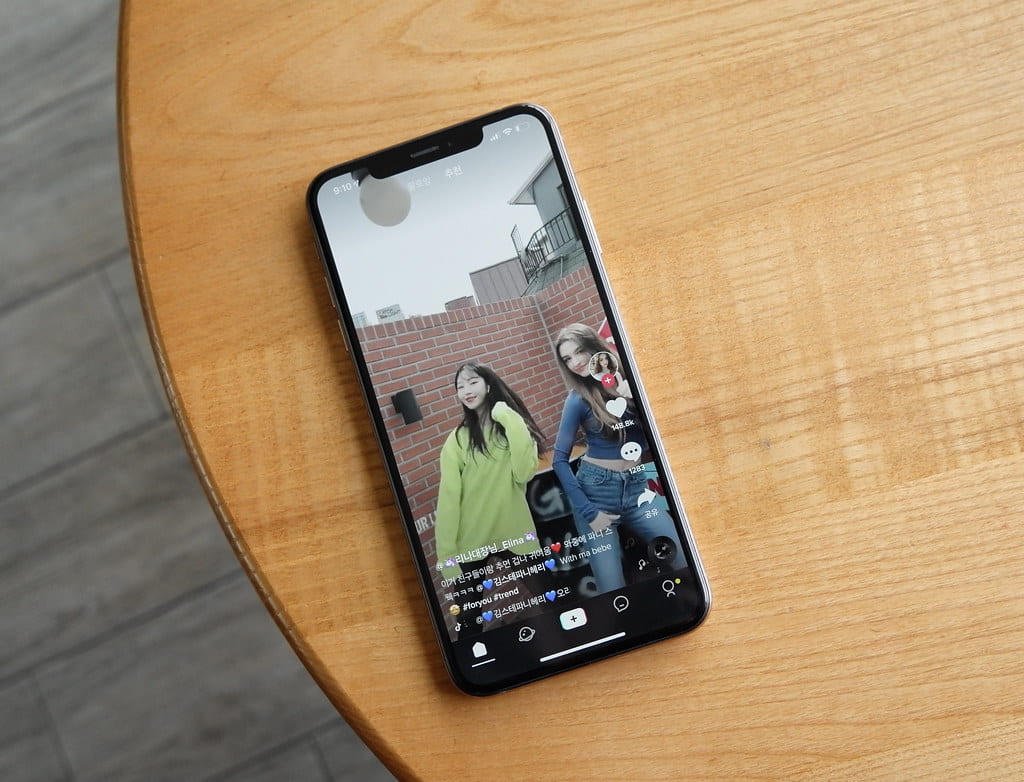by The Cowl Editor on October 24, 2019
Variety
by Julia Vaccarella ’20 A&E Staff
Some of the biggest advocates for the popular video app, TikTok, have gone so far as to equate it to Vine. While such a statement may seem far-fetched, the platform has increased its exposure in the past year and has been referenced heavily in recent news. TikTok’s concept is rather similar to Vine, which has since been shut down, in that users can create short videos, often with music or lip-synched audio. Contrary to Vines, which are capped at six seconds, TikTok videos tend to run for about fifteen seconds.

A recent controversy involving Panera Bread’s preparation of their popular mac and cheese has brought TikTok into the national spotlight. CNN writer Scottie Andrew writes, “A Panera Bread employee spilled the chain’s not-so-secret trade secret about its signature mac and cheese on TikTok. But the viral fame might’ve cost her the job.” The video itself was viewed nearly one million times. Understandably, executives at Panera were quick to defend their company. While this scenario is problematic in many aspects, it goes to show the impact that social media can have and, in particular, how many people have access to TikTok.
Not all businesses have suffered at the expense of TikTok creators; rather, some brands, such as The Washington Post and Chipotle, have taken advantage of the app’s exploding popularity by creating their own original content. There have even been celebrities who have opted to join the bandwagon.
Although teenagers and college students alike have reacted positively to TikTok, as well as celebrities throughout the United States, it has been under significant scrutiny in the past several weeks from many different parties. Moreover, TikTok’s parent company operates out of China, and this has led to allegations of censorship across the app’s content.
Topics in question have been political in nature, ranging from limiting information about protests in Hong Kong to LGBTQ+ content in conservative countries, as well as other content in the United States.
This has also caused unrest in politics, chiefly at the hands of Florida Senator Marco Rubio, who has requested that the U.S. Federal government investigate TikTok. A representative of The Wall Street Journal reported, “A TikTok representative last week said its content moderation policies are not influenced by any foreign government and that the Chinese government has not requested that TikTok censor content. Like other fast-growing social media platforms, TikTok is wrestling with how to manage its rapid growth and the possibility for abuse.”
The question of censorship is not unfamiliar, as a wide range of social media platforms have been accused of censoring content, from Twitter and Instagram to YouTube. Even Facebook creator Mark Zuckerberg has weighed in on TikTok from a competition standpoint. Regardless, TikTok has amassed an extensive following in a relatively short amount of time and will likely continue to grow, as will the threat of censorship and controversial material.